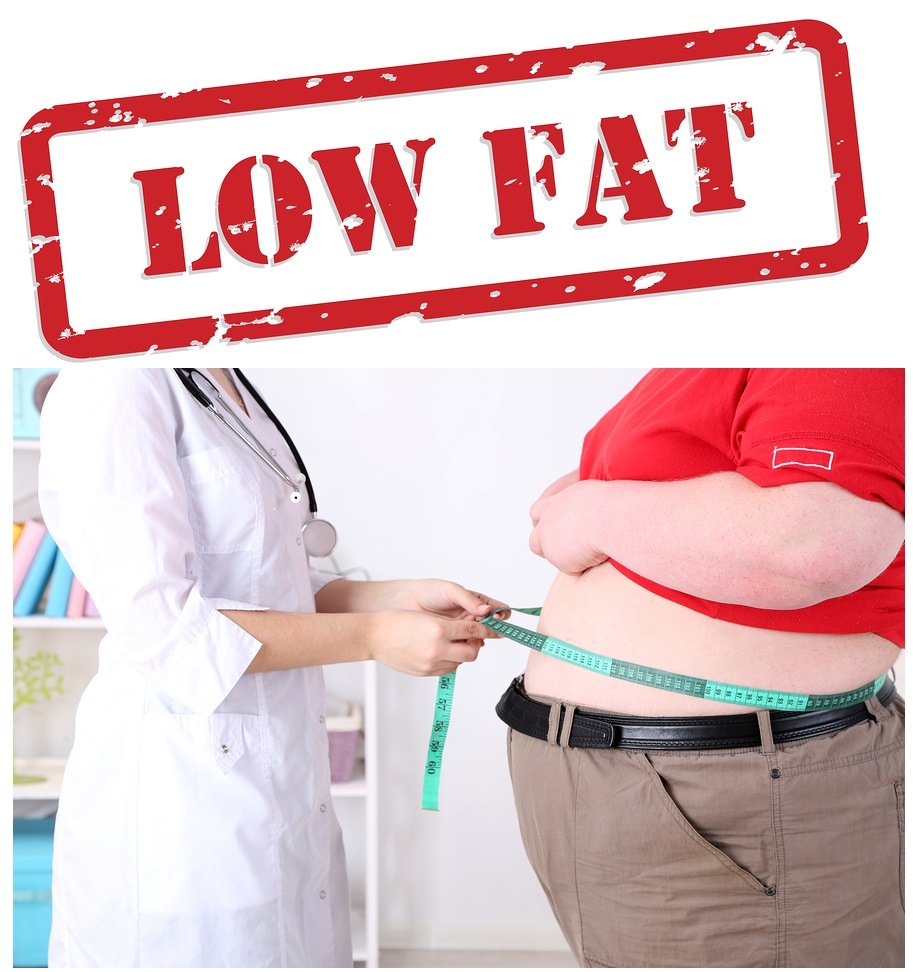2015 Government Dietary Guidelines Continue Failed Low-Fat Advice
Despite a growing body of evidence that low-fat diets are harmful to health, the 2015 Dietary Guidelines for American Committee (DGAC) continues to recommend failed low-fat advice in its latest Advisory Report and request for public comment. The Weston A. Price Foundation, a nutrition education foundation, recently filed comments that detail serious inconsistencies and bias in the Report. For example, the Committee recommends avoidance of red meat, but notes serious nation-wide deficiencies in protein, iron and zinc, nutrients best supplied by red meat. In addition, the Report continues warnings against animal fats like butter and lard, while urging increased consumption of omega-6 vegetable oils. Animal fats provide vitamins A and D, nutrients also lacking in the American diet, while the omega-6 vegetable oils are linked to cancer and heart disease. “The tragedy is that these unscientific and agenda-driven guidelines are applied to breakfast and lunch in schools and day-care centers,” says Sally Fallon Morell, President of the Weston A. Price Foundation. “For example, growing children need the nutrients in the butterfat of whole milk, but whole milk is not allowed in federally funded meal programs.”








